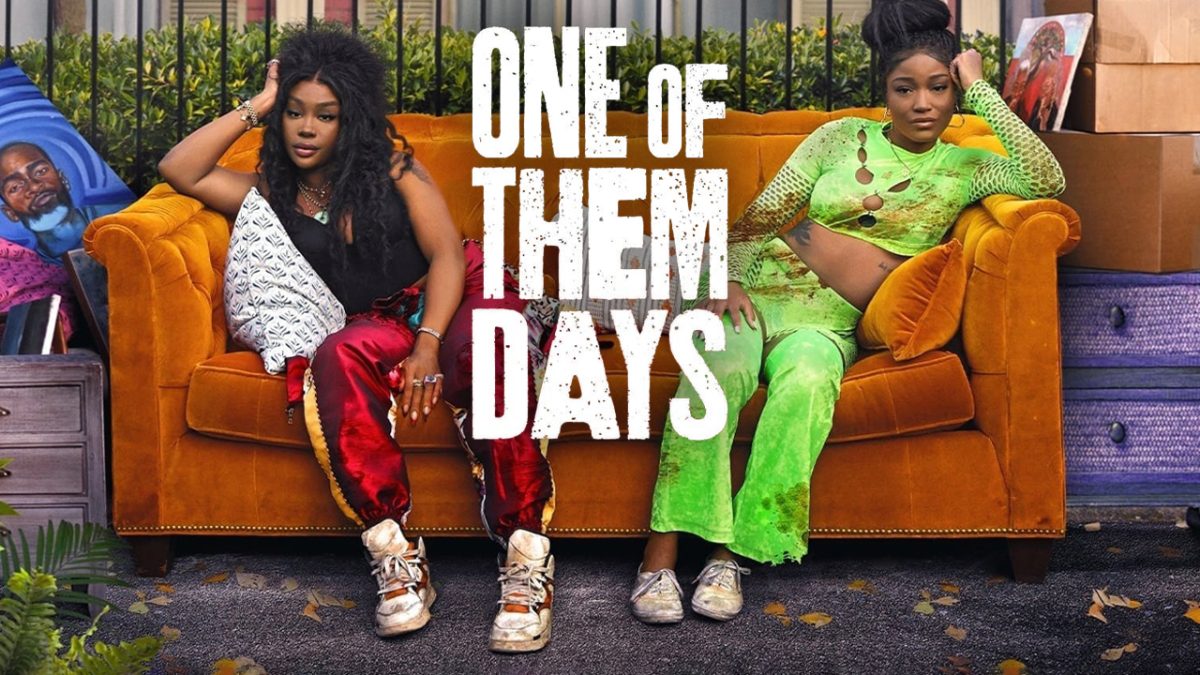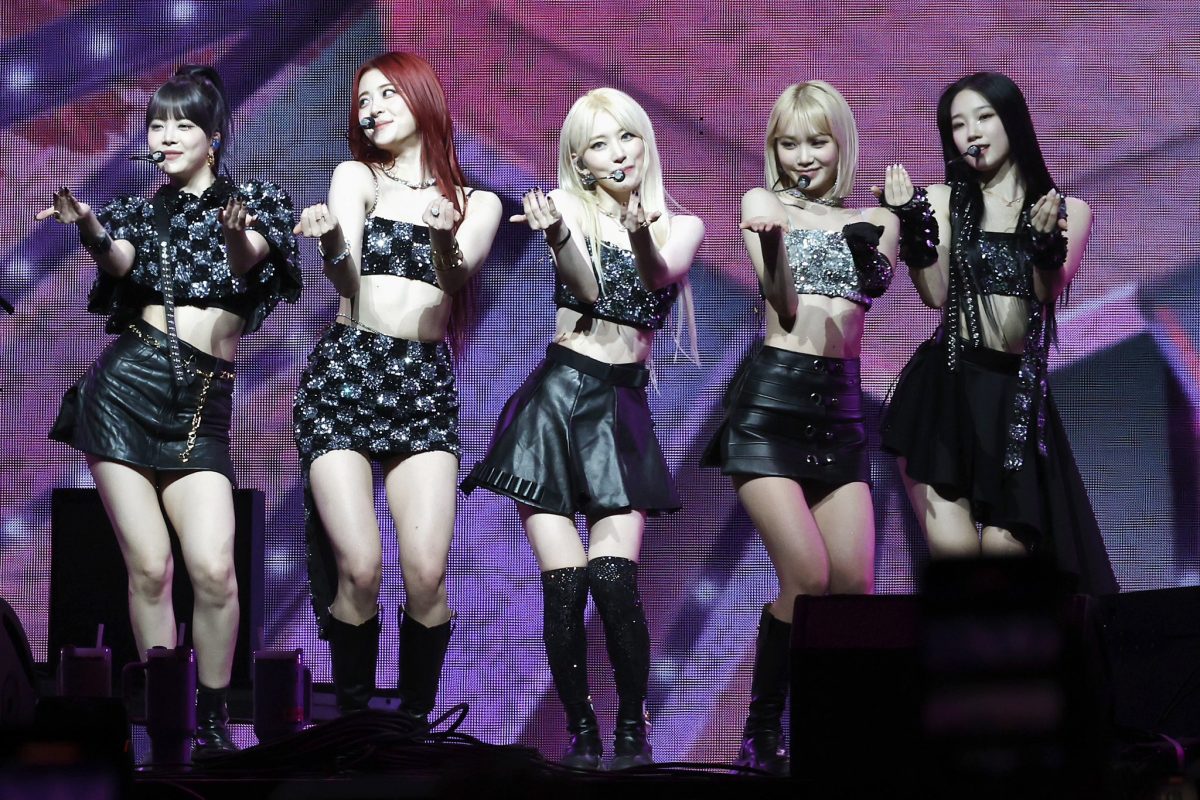In the last several years, K-pop has taken over the music industry. But what about K-pop has captured the attention of so many music lovers?
Choreography
K-pop groups have been popularized for their choreography. Many fans love to create covers or learn part of the dances to perform. The difficulty with each dance varies, but popular ones such as “Super Shy” by New Jeans or LESSERAFIM’s “Eve, Psyche & the Bluebeard’s Wife” dance challenge have never failed to get fans up and dancing thanks to TikTok, a platform notorious for popularizing dance. With K-pop dances looking to find short, catchy dance moves, artists and groups have capitalized on this platform creating “dance challenges” challenging fans to learn and record their versions of these dances.
Diversity in sound
Oftentimes people forget how diverse K-pop is when they only know BTS or Blackpink. The sounds in K-pop cover many genres of music that people forget, it is more than just pop. And even then BTS has covered an array of sound with their 10+ year discography. Artists can be R&B-inspired such as Dean or Bibi, rock bands like Dreamcatcher or Day6, EDM like Aespa or Mave, a unique virtual group, the list goes on.
Connection between group and fans
The strong ties artists try to create with their fanbase have got to be one of the top reasons for K-pop’s popularity. From hour-long live streams and fan calls, meet-and-greets, concerts all year long, and endless content such as reality TV shows, fans are spoon-fed content all day, every day of their favs, creating a sense of familiarity and transparency that creates a strong bond. Groups such as BTS always talk about how important ARMYs (BTS even has their fanbase name like many other K-pop artists) which they show endless appreciation for.
Unique quirks to K-pop
Finally, the world of K-pop has unique aspects to it from various types of merch, bringing back the love for album collecting despite everything being digital, photocard collections, music video streaming, music show performances, reality TV shows to create new groups, a desire to learn another language and culture, and so much more have popularized K-pop.






































































